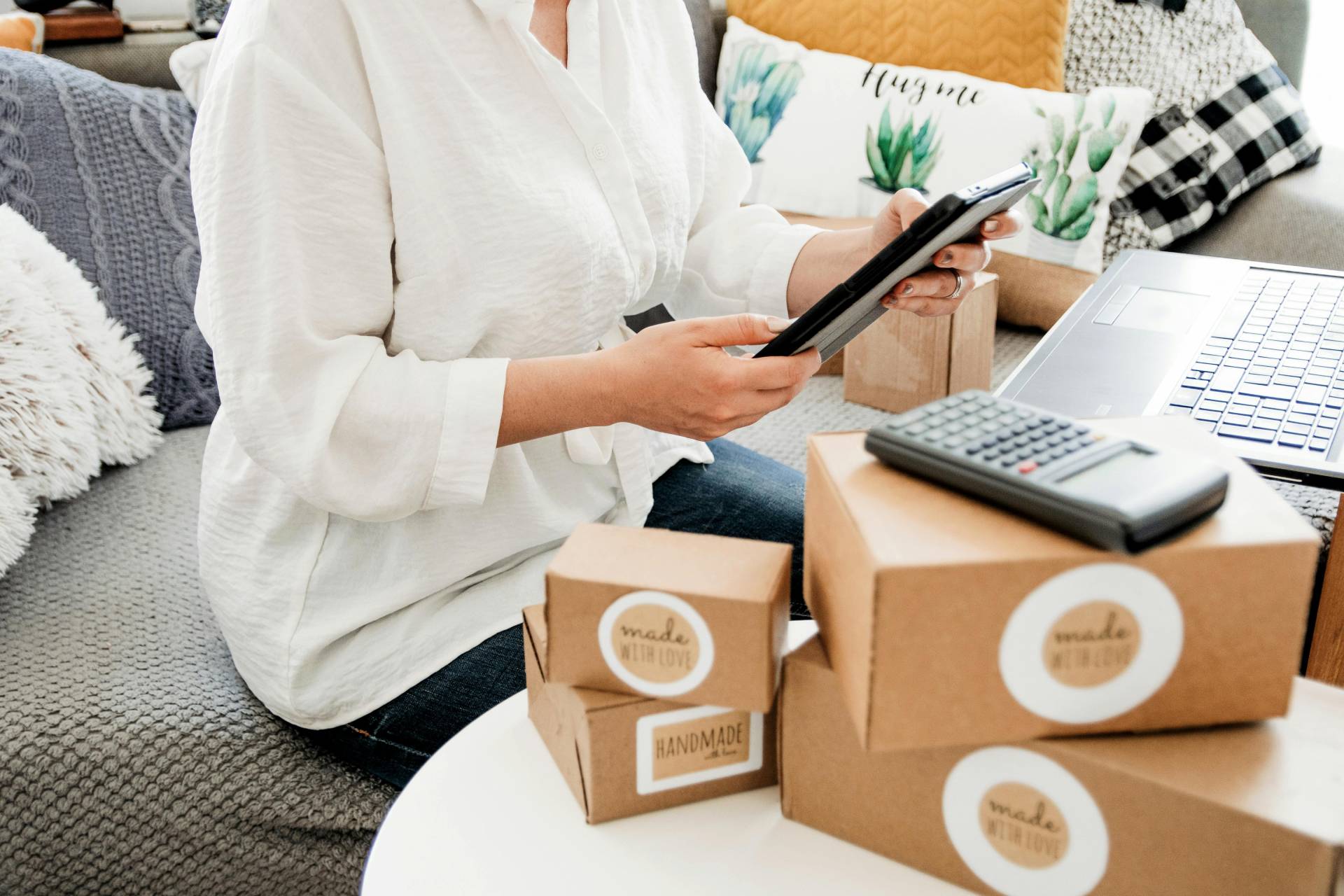Making Money on the Side

Making money on the side sounds like a great idea. However, people need to ensure they have enough time and are willing to put effort into making more money while working full time.
Once they find their side hustle calling, it’s a great opportunity. According to mum’s money New Zealand, there are many ways people can make a side hustle.
Some tips include becoming a mystery shopper, registering for market research/focus groups, casual catering or waitressing/waitering, mowing the neighbour’s lawns, and blogging.
Other options include tutoring, investing, performing at gigs, selling things at a local market, or starting a podcast.
Speaking of a podcast, two intelligent entrepreneurs Simran Kaur and Sonya Gupthan from the award-winning podcast Girls That Invest gave advice on how to start a side hustle in an episode.
They’ve inspired many young women to have conservations and start thinking about finances and investing to make more money.
In “Starting a Side Hustle 101”, Sonya shared one of her side hustle experiences was transcribing speech to text on a website called Rev.com for YouTube, videos for companies, or for content creators who wanted English subtitles.
It was time-consuming but the more time she put in; the more rewards she earned, Sonya said.
“It’s not a passive way to receive more of an income.” However, she said she could get up to $600 a month. She advised anyone to do it if they’re fast typers and good with grammar and statistics.
Another side hustle experience Sonya discussed was about being a virtual assistant where she organised other people’s trips and schedules.
There are different courses people can do depending on who the client is – some require a formal qualification. If someone can demonstrate previous work or experience in assisting others then it’s doable. The courses (if necessary) are roughly $1,000 or more.
Simran also shared her side hustle background. “Most side hustles start off as a hobby, then get serious," she says.
She co-created an online platform, The Indian Feminist, to connect with other feminists from South Asia, particularly India – as there were not a lot of similar platforms around when she was looking on Instagram five/six years ago, compared to now.
Simran and her co-partner now sell merchandise, have big stars like Priyanka Chopra following the account, and have been interviewed by the Times of India, New Zealand television, New Zealand Herald, etc. “It blew my mind with what one little idea can do.”
Another tip Simran advises is to create a business plan. People can find templates on the New Zealand Government website to find out why and what their purpose is for their side hustle. Always have a plan, she says.
Simran suggests it’s good to start as a sole trader first, think about the brand/brand name, research what the niche is, and stand out from the crowd.
Here are some of the most popular ways Kiwis in New Zealand are making money online:
1. Taking paid surveys and micro‑tasks
One of the more accessible methods is participating in paid online surveys via platforms like Rewardia, where New Zealand residents can answer surveys and redeem cash or gift‑cards. rewardia.co.nz. These don’t generate huge income, but they are flexible and require minimal setup.
2. Freelancing and remote gig work
If you have skills in writing, graphic design, virtual assistance, social media, or other digital services, you can find work online from anywhere. Sites like Upwork and Fiverr support freelancers based in NZ. This can scale from part‑time income to a full remote career, provided you build up reputation and clients.
3. Content creation, blogging and affiliate marketing
Creating your own content such as blogs, videos, podcasts, or social media channels—is a longer‑term approach. Monetisation can come via ads, sponsorships, affiliate links or selling your own digital products.
4. E‑commerce, dropshipping and print‑on‑demand
Selling products (physical or digital) via online stores is growing in NZ. This includes starting a shop using platforms like Shopify or running print‑on‑demand items (t‑shirts, mugs, etc) where you don’t hold inventory. With the global reach of the web, NZ‑based sellers can serve both local and international markets.
5. Passive income, cashback and using things you already own
There are more passive options too: for example, using cashback apps or rewards cards to earn money back on purchases you would already make. Also, renting out spare rooms or assets, or creating a digital product once and selling it repeatedly, are part of this category.
Be sure to take into account that: The income from many of these methods often starts small; scaling requires effort and time.
If you’re earning online, even from overseas or via digital platforms, you still may have NZ tax obligations.
Be cautious of scams: schemes promising large profits for little effort are often illegitimate. In NZ the Financial Markets Authority warns about high‑risk investment or pyramid‑type models.

